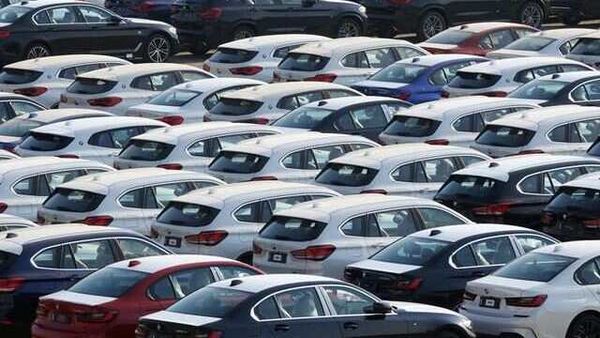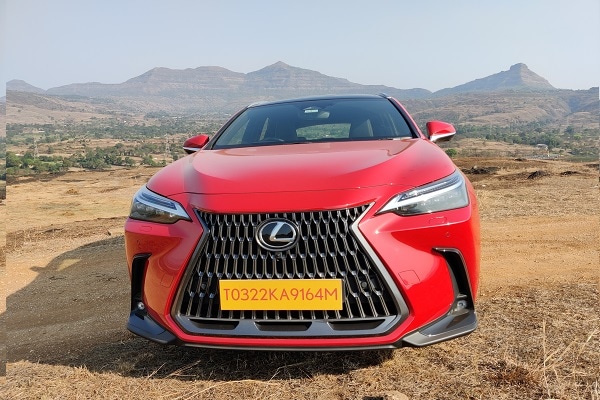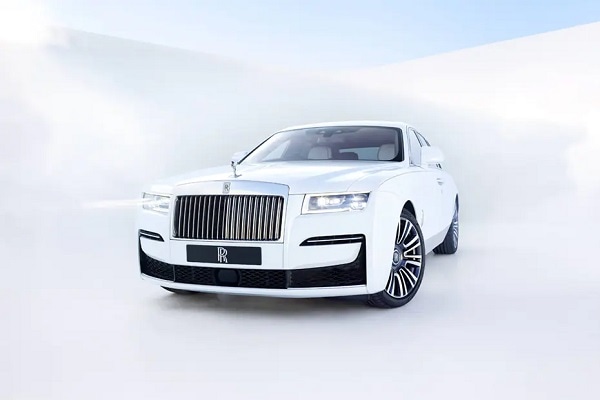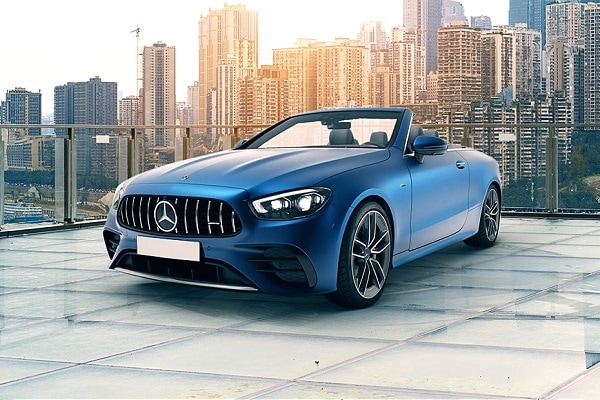German carmakers seek e-fuel help as EU tightens climate goals


Germany’s car industry is looking for assurances that a plan to make deeper cuts in carbon pollution in the European Union will leave a loophole for the combustion engine.
A new carbon reduction target proposed by the European Commission has caught the German car industry on a back foot, heaping more pressure on a key industry that’s already struggling with the coronavirus pandemic, according to the VDA car lobby and Robert Bosch GmbH, Germany’s largest automotive parts maker.
Also check these Vehicles
The EC proposed a cut in greenhouse gas emissions of at least 55% compared with 1990 levels, deeper than the current 40% target. That may force carmakers to slash emissions for new vehicles in half by 2030 compared with average output in 2021.
Also Read : Banning diesel, petrol cars by 2030 would meet UK climate goal
The prospect reinforced carmakers’ resolve to keep open a lifeline for combustion engines that can be fed emissions-reducing synthetic or E-fuels, said VDA President Hildegard Mueller.
The EU’s proposed CO2 target for 2030 implies that 60% of all new vehicles will be electric, an increase on about 9% today, said Mueller. Effectively forcing combustion engine vehicles off the road.
Synthetic fuel -- methane produced by tapping green power to make hydrogen and then combining it with carbon dioxide -- can be added to gasoline or substitute it completely, requiring no or few changes to combustion engines and gas station infrastructure its proponents say.
Also Read : Climate plan for EU's transport won't cut carbon far enough)
Germany’s BDI industry lobby last year said e-fuels could realistically corner an 8% share of the transport fuel market by 2030. Europe’s biggest car market has a current car fleet of over 58 million vehicles, of which 1.4% were hybrid or full-electric by January. The government targets an electric-only share of up to 10 million by 2030.
For Bosch, the proposed CO2 cuts “don’t make sense" and set over-ambitious ecological targets that will conflict with economic and social reality, the company said in a Sept. 23 note.
Bosch is committed to supporting the switch to electric cars, investing 500 million euros in the technology this year, but envisages e-fuels playing a significant role in cutting combustion engine emissions.








 40 kWh
40 kWh 150 Km
150 Km
 3996.0 cc
3996.0 cc Petrol
Petrol













